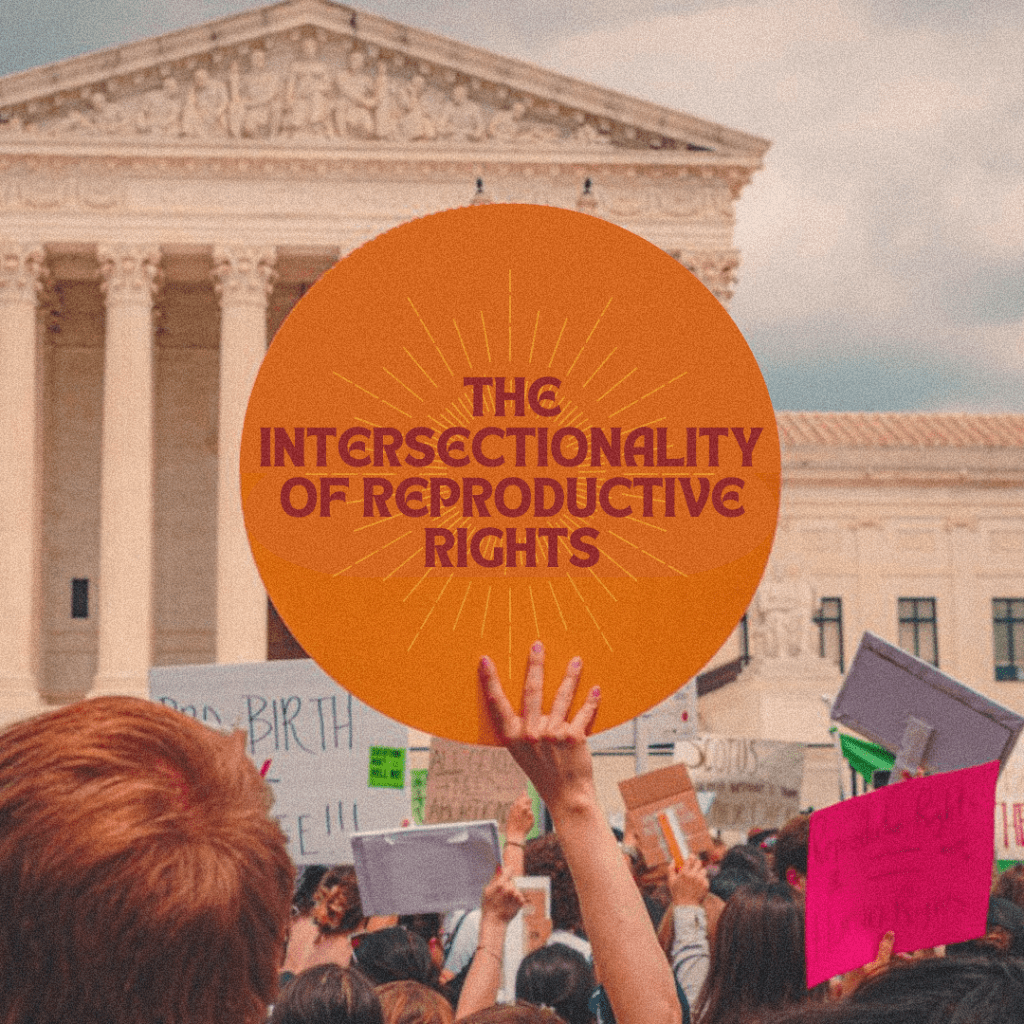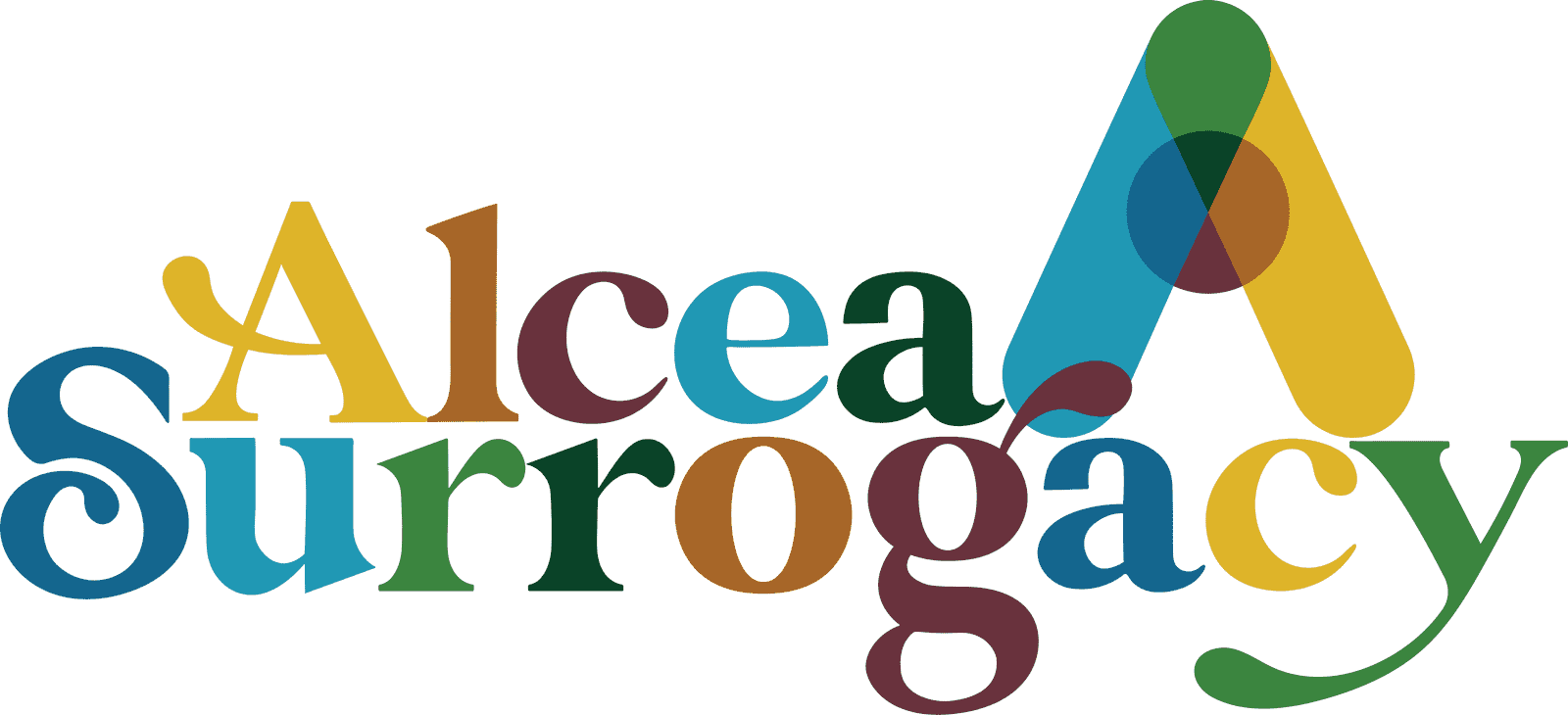By: Friday Faraday

Reproductive Rights & Gender Care
The number of states that have heavy restrictions or a total ban on abortion is roughly around 24, and you can see that many of those states have also passed or are considering bans on gender affirming care for children up to the age of 18. Although, the politicians in these states will not point out the direct connection between these happening so close to one another, and use the standard reasoning that this is all done for the “protection” of women and children. While on the contrary that sentiment is narrow, and once again doesn’t take into account the nuances and intersectionality to both these issues.
The consequences of both the anti abortion and anti gender affirming laws can not be fully understood without intersectionality. The violations of human rights include reproductive rights, and those that feel this the hardest are those who already exist in that intersection of having historically marginalized and vulnerable identities such as people of color, transgender, nonbinary, and gender nonconforming folks. The quote unquote protection for one, is not actually protecting anyone, but secondly, places an already vulnerable community in more danger.
In both these bans, the choice for people to choose the progress of their own lives is being denied. The intersectionality of this of course seeing many birthing people not have the right to choose if they want to have a child for personal or health reasons, but also leading many trans, nonbinary, and gender nonconforming folks to have a difficult time finding a doctor that help with issues surrounding reproductive health. These issues, whether the law makers wouldn’t like to admit it takes the freedom of multiple groups aways, will always be interconnected, and should not be pushed out of reach because discrimination and ignorance.
Everyday Connectivity
Reproductive health and justice doesn’t just show up in the intersectionality of trans rights. It can be found in so many things that shape our lives and our society. The fight for a fair wage centers on economic justice and is connected to reproductive health. What is the essence of any choice, especially reproductive choice if you don’t have some semblance of economic ability? In particular, if one of the reasons a birthing person decides to have an abortion is for financial reasons, this connects to economic justice. Paid family leave and affordable child care are just a few ways that these two fights intersect and have become much more clear in recent years.
Heads up, the next two reference points do carry a trigger warning as they mention violence.
Reproductive health and immigration status are overlooked when it comes to their intersectionality. For those that are in vulnerable immigrant populations there is the fear of encountering law enforcement in any regard, including situations like domestic violence. That fear leads to many survivors not reporting those incidents and receiving the needed resources for abortion services. Even in no cases of violence, those having a joyous pregnancy are unable to get access to prenatal care leading to potentially unhealthy pregnancies because of the fear of law enforcement learning about their immigration status and the possibility of deportation.
Speaking of law enforcement, one of the most common compliant’s against them is sexual assault and harassment. There is the correlation between those in marginalized and vulnerable communities like undocumented immigrants and trans folks being more likely to experience this situation, and with police being agents of a system that is already designed to be against them, it can make accessing reproductive care harder, or in some cases (relating back to undocumented immigrants) something to avoid because of the attention it could bring.
The Important Bits
The current political landscape is a hot mess right now and with the presidential election not too far away we are once again getting a peak of how worse things could get based on the candidates. The fight for reproductive health and justice should not be viewed through a singular lens. At the heart of this fight is the complete control for all decisions about an individual’s reproductive and sexual health left to that individual, but as it laid above, the intersectionality from different identities means different access to care, even having no access at all. So, until everyone is able to gain access to true reproductive rights because it is a basic human right, there is no victory and the fight continues.

